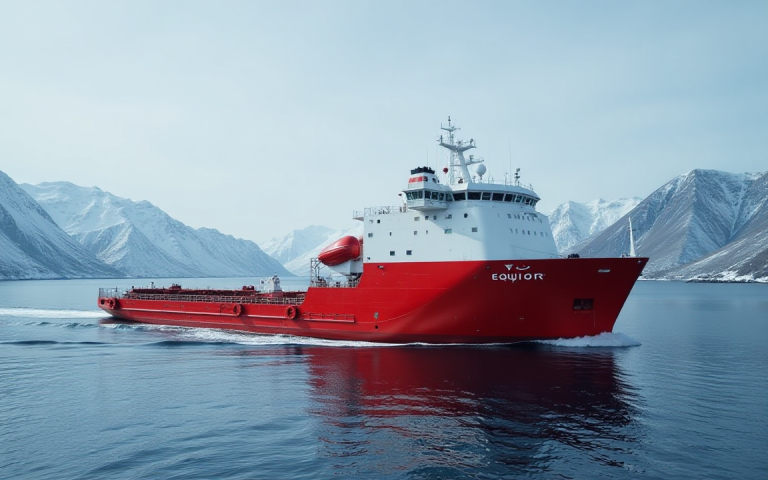The European Commission on Tuesday is expected to propose a ban on Russian gas and liquefied natural gas (LNG) imports into the EU by the end of 2027.
This measure will employ legal mechanisms to prevent EU members Hungary and Slovakia from blocking the plan, according to a Reuters report.
According to the report, an internal Commission summary of the forthcoming proposal states that a ban on Russian pipeline gas and LNG imports will be legally enforced starting January 1, 2026.
Certain contracts will be granted longer deadlines.
Formalising the ban on Russian energy products
The European Union intends to formalise its commitment to sever long-standing energy ties with Russia, previously its primary gas provider.
This decision follows Moscow’s invasion of Ukraine in 2022, and the upcoming proposals will detail how this pledge will be enshrined in law.
For Russian gas agreements finalised prior to June 17, 2025, a one-year transition phase would be in effect, concluding on June 17, 2026.
The EU’s use of Russian gas is set to end by January 1, 2028, at which point imports under existing long-term Russian contracts will be banned, according to the summary.
Russian LNG contracts held by companies such as TotalEnergies and Naturgy of Spain are set to continue into the 2030s.
Additionally, a key proposal under consideration involves the progressive prohibition of EU LNG terminals from offering services to Russian clients.
This would effectively choke off a critical avenue for Russian LNG to enter the European market, forcing Russia to seek alternative, potentially less lucrative, destinations for its gas.
Transparency in the gas market
Furthermore, a parallel initiative aims to enhance transparency within the European gas market.
Companies engaged in the importation of Russian gas would be mandated to disclose comprehensive information regarding their contracts to both EU and national regulatory bodies.
This unprecedented level of scrutiny is intended to shed light on pricing mechanisms, supply agreements, and other contractual details, enabling authorities to identify and address any potential market distortions or undue influence exerted by Russian suppliers.
The move is designed to foster greater accountability and allow for a more informed assessment of Europe’s energy security vulnerabilities.
These measures, as previously reported by Reuters, underscore the EU’s strategic shift towards diversifying its energy sources and strengthening its collective bargaining power in the global energy landscape.
On Monday, EU energy commissioner Dan Jorgensen stated that the measures were crafted to be legally robust, allowing companies to cite “force majeure” – an unforeseeable event – as grounds to terminate their Russian gas contracts.
Jorgensen told reporters:
Since this will be a prohibition, a ban, the companies will not get into legal problems. This is force majeure, as it [would be] if it had been a sanction.
No veto
Hungary and Slovakia have opposed and vowed to block sanctions on Russian energy, which require unanimous EU approval.
They argue that switching from Russian pipeline gas, which they still import due to close political ties with Russia, would increase energy prices.
To bypass this obstacle, the Commission’s proposals will utilize an EU legal basis that can be approved with the backing of a reinforced majority of member states and a majority of the European Parliament, according to EU officials.
Although most other EU nations have indicated their support for the ban, officials noted that certain importing countries have expressed worries regarding the potential for companies to face financial penalties or arbitration due to contract breaches.
Europe continues to import approximately 19% of its gas from Russia, a significant decrease from the pre-2022 figure of roughly 45%.
This gas arrives via the TurkStream pipeline and as LNG shipments, with countries like Belgium, France, the Netherlands, and Spain being among the importers of Russian LNG.
French industry minister Marc Ferracci told reporters on Monday:
We fully support this plan in principle, with the aim of ensuring that we find the right solutions to provide maximum security for businesses.
The post EU moves to legally enforce Russian gas, LNG import ban by 2027 appeared first on Invezz

